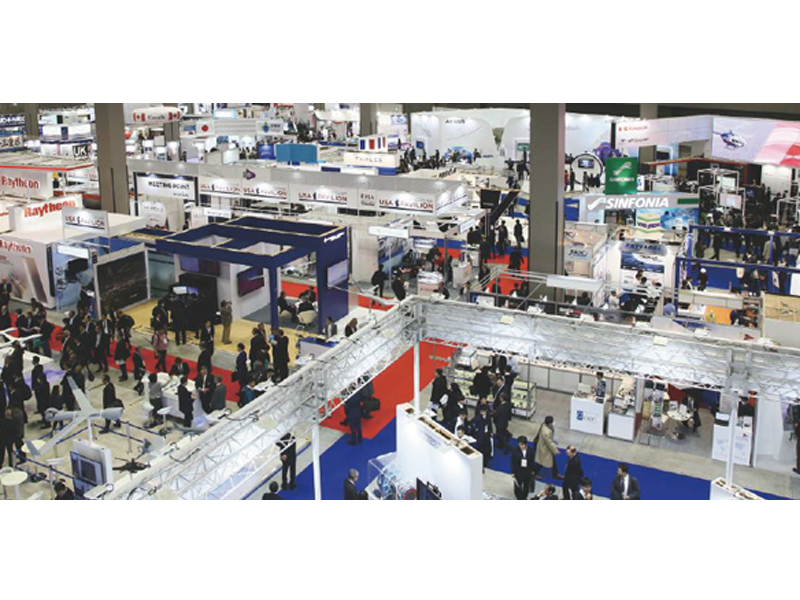
U.S. Secretary of Commerce Gina Raimondo, U.S. National Security Advisor Jake Sullivan, and Indian National Security Advisor Ajit Doval met with U.S. Chamber leadership to bolster bilateral technology cooperation, innovation, and shared national security priorities.
The U.S. Chamber of Commerce’s U.S.-India Business Council (USIBC) hosted U.S. Secretary of Commerce Gina Raimondo, U.S. National Security Advisor Jake Sullivan, and Indian National Security Advisor Ajit Doval in advance of the inaugural launch of the U.S.-India Initiative on Critical and Emerging Technologies (iCET).
Announced during U.S. President Joe Biden and Indian Prime Minister Narendra Modi’s bilateral talks in Tokyo last May, the iCET is spearheaded by the National Security Councils of both countries and focuses on strengthening the U.S.-India partnership on the technologies that will drive global growth, bolster both countries’ economic competitiveness, and protect shared national security interests.
In support of the iCET, the U.S. Chamber of Commerce held a roundtable with industry executives across the spectrum of advanced technologies, including semiconductor design and manufacturing, commercial electronics, advanced telecommunications, commercial space, aerospace and defense, and information technology services. Leadership from academia and venture capital firms also participated.
“The U.S. Chamber strongly supports the launch of this important dialogue on critical and emerging technologies,” said U.S. Chamber of Commerce President and CEO Suzanne P. Clark.
“We commend the administration on working with India to launch the iCET. By strengthening our technology partnership with India, we will make both our economies stronger and ready to shape the next phase of global growth.”
U.S. Secretary of Commerce Gina Raimondo attended the roundtable to highlight the central role the U.S. and India would play in shaping the development of advanced technologies.
Roundtable participants discussed opportunities to promote development of critical and emerging technologies such as quantum computing and artificial intelligence, with a special focus on how to increase academic and government research exchanges and strengthen their linkages with the private sector. A key theme throughout the roundtable was how both governments could facilitate deeper alignment on technology issues, including encouraging semiconductor supply chain resilience, deepening the two countries’ research and development collaboration, strengthening workforce and education connectivity, and promoting co-investment and co-development.
Addressing industry executives, NSA Sullivan said that “iCET is about much more than technology cooperation, it’s a platform to accelerate our strategic convergence and policy alignment.” Highlighting the work ahead for both governments, Sullivan added that the United States and Indian governments “want to establish a list of ‘firsts’,” “firsts in removing barriers—on both sides—to enable greater ambition by all of you.”
NSA Sullivan highlighted how iCET will accelerate the United States’ strategic technology partnership with India and advance the two countries’ shared democratic values. He also recognized the pivotal role that businesses, educators, and investors play, urged attendees to be ambitious in deepening business and academic ties, and committed to working with NSA Doval to remove barriers on both sides.
NSA Ajit Doval and Ambassador Sandhu highlighted India’s remarkable capacity for technology development and absorption and emphasized India’s use of technology not only as an enabler of economic growth but as an instrument of social inclusion. Both officials commended the launch of the iCET, given the natural complementary strengths of the Indian and American economies and the growing strategic convergence between both nations. Both officials also emphasized India’s growing role a trusted supply chain partner and contributor in the global technology value chain, and underlined the importance of easing export control measures to facilitate technology access, co-production, and co-development between India and the U.S.
In one of the sessions, the roundtable discussed microchips as a critical technology and the important role the U.S.-India relationship could play in building a reliable semiconductor supply chain. Sanjay Mehrotra, President and CEO of Micron Technology, discussed the importance of government-industry collaboration in this effort. “It is promising to see the U.S. and India prioritize the necessary discussions and investments that will enable greater semiconductor leadership within and among partner economies. The U.S. Chamber of Commerce, as a major advocate for the CHIPS and Science Act and now the host of the U.S.-India iCET dialogue, is creating compelling opportunities for public-private partnership that will ultimately strengthen our economies. Micron looks forward to continuing to work with both governments, the Chamber, and industry as part of this key forum.”
Edward Knight, Executive Vice Chairman of NASDAQ, and Chair of the USIBC Global Board of Directors, stated that “both governments choosing USIBC to host this dialogue only reaffirms its position as the leading convener of public-private consultation in the U.S.-India Corridor.” Knight added, “the U.S. and India pursuing this initiative on critical and emerging technologies demonstrates their growing alignment and sends signals of confidence to the investment community.”
The U.S. Chamber of Commerce will continue conversations with India on critical and emerging technologies as part of its close engagement with its G20 agenda, and as a chair of the B20.
The U.S. Chamber of Commerce is the world’s largest business organization representing companies of all sizes across every sector of the economy. Our members range from the small businesses and local chambers of commerce that line the Main Streets of America to leading industry associations and large corporations.
They all share one thing: They count on the U.S. Chamber to be their voice in Washington, across the country, and around the world. For more than 100 years, we have advocated for pro-business policies that help businesses create jobs and grow our economy.






